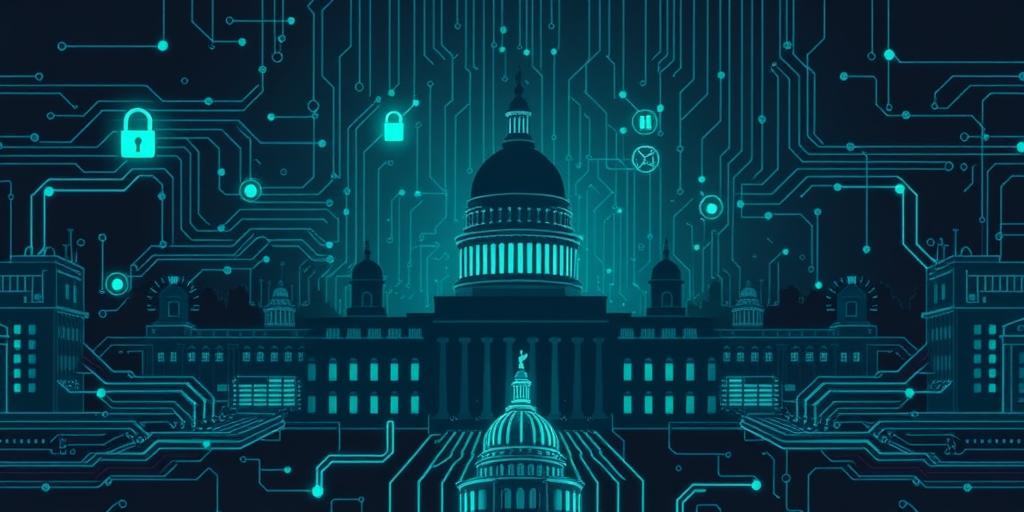Using AI in Political Analysis and Targeting
Explore how AI is transforming political analysis and targeting, including data analysis, voter targeting, sentiment analysis, and ethical considerations.

Using AI in Political Analysis and Targeting
AI's Growing Influence in Political Analysis and Targeting
Artificial intelligence (AI) is rapidly transforming various sectors, and politics is no exception. AI's ability to process vast amounts of data, identify patterns, and predict outcomes makes it a powerful tool for political analysis and targeted campaigning. In this post, we'll explore the multifaceted ways AI is being used in the political arena, examining its potential benefits and ethical considerations.
Data Analysis and Insight Generation
AI algorithms can sift through massive datasets from social media, polling data, and public records to extract meaningful insights. This information can be used to understand voter sentiment, identify key demographics, and predict election outcomes with greater accuracy. By analyzing these trends, political campaigns can tailor their messaging and strategies to resonate with specific voter segments.
Enhanced Voter Targeting
AI-powered tools enable campaigns to target voters with unprecedented precision. By combining demographic data with behavioral insights, campaigns can create highly personalized messages that address individual concerns and preferences. This level of targeting can significantly improve campaign effectiveness, ensuring that resources are allocated efficiently and messages are delivered to the most receptive audiences.
Sentiment Analysis and Opinion Mining
AI algorithms can gauge public sentiment by analyzing social media posts, news articles, and online forums. This sentiment analysis provides valuable feedback on how different policy proposals and campaign messages are being received by the public. Political strategists can use this information to refine their messaging and address potential areas of concern.
Chatbots and Automated Communication
AI-powered chatbots are increasingly being used to engage with voters, answer questions, and disseminate information. These chatbots can handle a large volume of inquiries simultaneously, providing instant support and freeing up campaign staff to focus on more strategic tasks. The automated nature of chatbots also allows campaigns to maintain consistent messaging across all communication channels.
Misinformation Detection and Mitigation
AI can play a crucial role in identifying and combating the spread of misinformation and fake news. By analyzing the content and sources of online information, AI algorithms can detect patterns indicative of disinformation campaigns. This capability is essential for maintaining the integrity of the political process and ensuring that voters have access to accurate information.
Predictive Modeling and Scenario Planning
AI algorithms can be used to build predictive models that forecast the impact of different policy decisions and campaign strategies. These models can help political leaders anticipate potential challenges and opportunities, enabling them to make more informed decisions. Scenario planning tools can also simulate various outcomes, providing valuable insights into the potential consequences of different courses of action.
Ethical Considerations
While AI offers numerous benefits for political analysis and targeting, it also raises important ethical considerations. The use of AI in politics can exacerbate existing inequalities, manipulate voter behavior, and undermine democratic processes. It is crucial to establish clear ethical guidelines and regulations to ensure that AI is used responsibly and does not compromise the integrity of the political system.
Conclusion
AI is poised to revolutionize the political landscape, offering powerful tools for analysis, targeting, and communication. However, it is essential to approach this technology with caution, recognizing its potential risks and ethical implications. By implementing appropriate safeguards and promoting transparency, we can harness the benefits of AI while mitigating its potential harms, ensuring a more informed and democratic political process.







